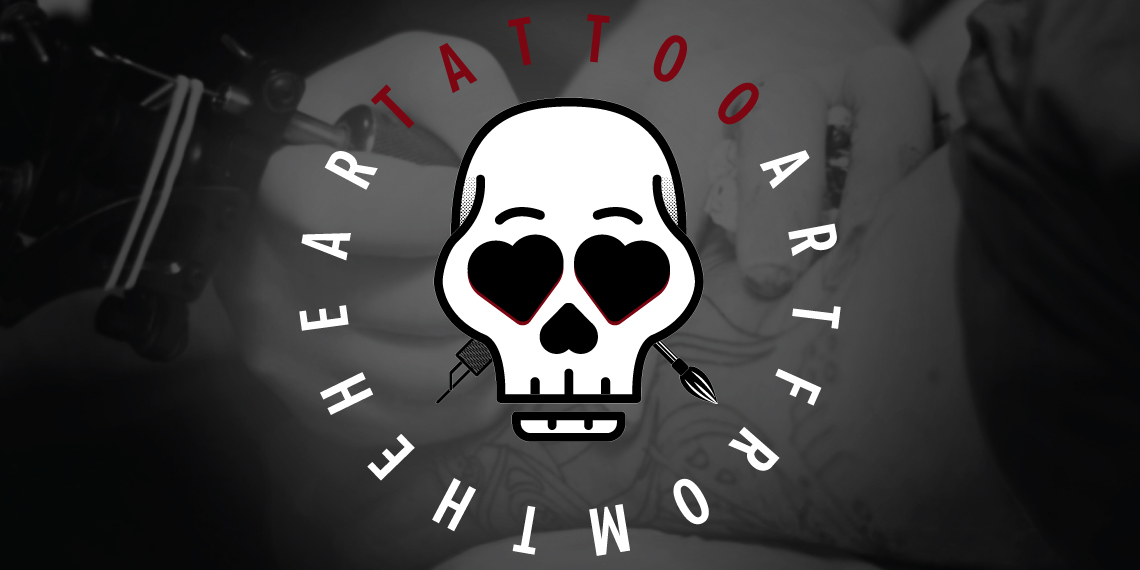In classical antiquity, the cornucopia, which comes from Latin cornu, which means horn and copiae, which means abundance or plenty. Also called the horn of plenty, it has been a symbol of abundance, as well as nourishment, commonly a large horn-shaped container overflowing with produce, flowers or nuts.
Every one of us comes to recognize it as a symbol of Thanksgiving or the fall harvest, and a lot of us use one to decorate dining room tables as the centerpiece of a traditional feast.
- Cornucopia in mythology and history.

The cornucopia, or also called the horn of plenty, comes from Greek mythology, and it was a goat horn that would often fill itself with whatever food or drink the owner requested.
Mythology offers several explanations of the origin of this symbol. One which is best-known involves the birth and nurturance of the infant Zeus that had to be hidden from his devouring father, known as Kronus. In one cave on Mount Ida on the island of Crete, the baby Zeus has been cared for and protected by numerous divine attendants, which included the goat Amaltheia, or Nourishing Goddess, that fed the baby with milk. The future sucking king of the gods had some unusual strengths and abilities. While he was playing with his nursemaid, he, by accident, broke off one of her horns, which then had the divine power to provide unending nourishment, as the foster mother had to the god.
In another myth, the cornucopia has been created when Heracles wrestled with the river god Achelous and also wrenched off one of his horns; sometimes, the river gods were depicted as horned.
The cornucopia became the attribute of a few Greek, as well as Roman deities, especially those that are connected with the harvest, prosperity, or also spiritual abundance, like personifications of Earth, the child Plutus, god of riches, as well as son of the grain goddess Demeter, the goddess of luck who had the power to grant prosperity, and so on.
- Modern descriptions of the cornucopia.
In the modern descriptions, the cornucopia is often a hollow, horn-shaped wicker basket that is filled with different types of festive fruits, as well as vegetables. In most of North America, the cornucopia is often connected with Thanksgiving and the harvest too. Cornucopia is also used as the name of the annual November Food and Wine Celebration in Whistler, British Colombia, and Canada.
Over the years, the cornucopia was symbolic of good fortune, prosperity, fertility, as well as an abundance of resources and the gifts of nature. No matter if it is through art, religion, history, or culture, the emblem was depicted as much more than just a simple but bountiful decoration at Thanksgiving time. It became the symbol of the thankfulness of Americans for every good thing that life brought them.
- The symbolism and meaning of cornucopia.
A gift from the unpredictable gods, the cornucopia has been a symbol of a sort of windfall, an unexpected profusion of gifts. As a symbol, the cornucopia is often depicted as a horn-shaped receptacle overflowing with fruits, flowers, grains, as well as vegetables. The word cornucopia is also commonly utilized to signify abundance.
Nowadays, the horn of plenty is most regularly portrayed as a basket from which spills the harvest of the autumn season, and the symbolism has also changed slightly with the time, having some additional connotations of hospitality and hard work. The cascading flow of produce from the horn makes it and an ideal element for body placement on the limbs, and the colors are also largely those of fall with browns, as well as oranges dominating, and some green too.
Because of its specific form, as well as its symbolism, the cornucopia is depicted as a tattoo design too. This is considered an interesting design among tattoo lovers, and it is often chosen by both men and women. A cornucopia tattoo can symbolize eternal abundance, good fortune, prosperity, and fertility, just like the object from which it is inspired.
Here are some interesting facts about the cornucopia:
- The cornucopia is made from different types of materials, which include metal, wood, stone, ceramics, and most commonly, wicker for baskets;
- The cornucopia is often sold at garden centers, craft stores, as well as gift shops and they can be bought at garage sales or thrift shops too;
- Nowadays, a cornucopia can contain fruits, nuts, vegetables, grains, bread, or also leaves and flowers, as well as cattail;
- Nowadays, it is also used as a symbol on the Peru, Wisconsin and Idaho flags;
- There exists a mushroom which is named for its ‘horn of plenty’ shape, called Craterellus Cornucopiodes, or otherwise also known as the Black Trumpet;
- Cornucopias also work as ritual tools for some events such as Fall Equinox offerings, sing of the session, ritual feasting, prosperity magic, deity invocation, house blessing, and so on.






